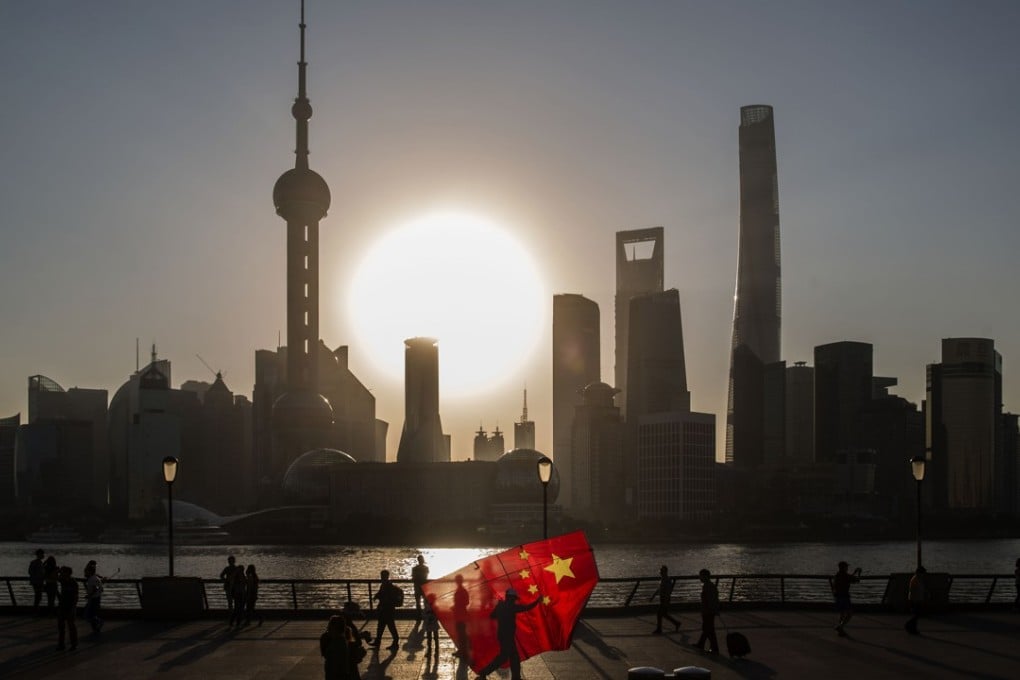Beijing gets World Bank thumbs-up for its better business environment
- Rapid progress sees China storming up the charts in annual survey to highest ever ranking

The World Bank has endorsed China’s measures to improve its business environment for both foreign and private investors, granting the world’s second largest economy its highest ever ranking in the annual business environment survey.
China was one of the top 10 improvers in the World Bank’s Doing Business 2019: Training for Reform report, which measures how easy it is to do business in different countries, released on Wednesday.
“China has made rapid progress in improving its business climate for domestic small and medium-sized enterprises in the past year,” Bert Hofman, World Bank country director for China, said.
“This progress, which now puts China among the top 50 economies in the world, signals the value the government places on nurturing entrepreneurship and private enterprise.”
According to the World Bank report, China’s ranking jumped to No 46, from No 78 last year, although it remains far behind other major economies for ease of doing business, including New Zealand at No 1, Hong Kong at No 4 and the United States at No 8.
Trade war tightens credit for China’s small businesses, regulator warns
China’s rapid improvement in business conditions has followed loud complaints from foreign investors about rising business costs, the uneven playing field when competing with domestic firms in China, and a general lack of market access.